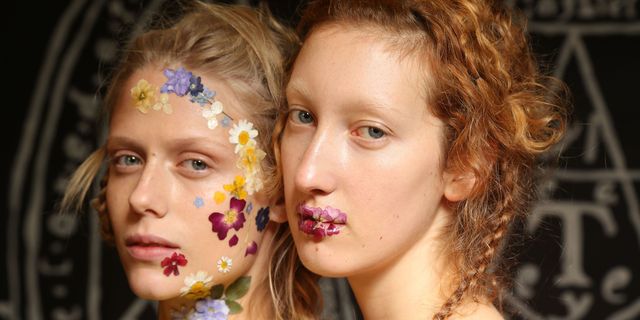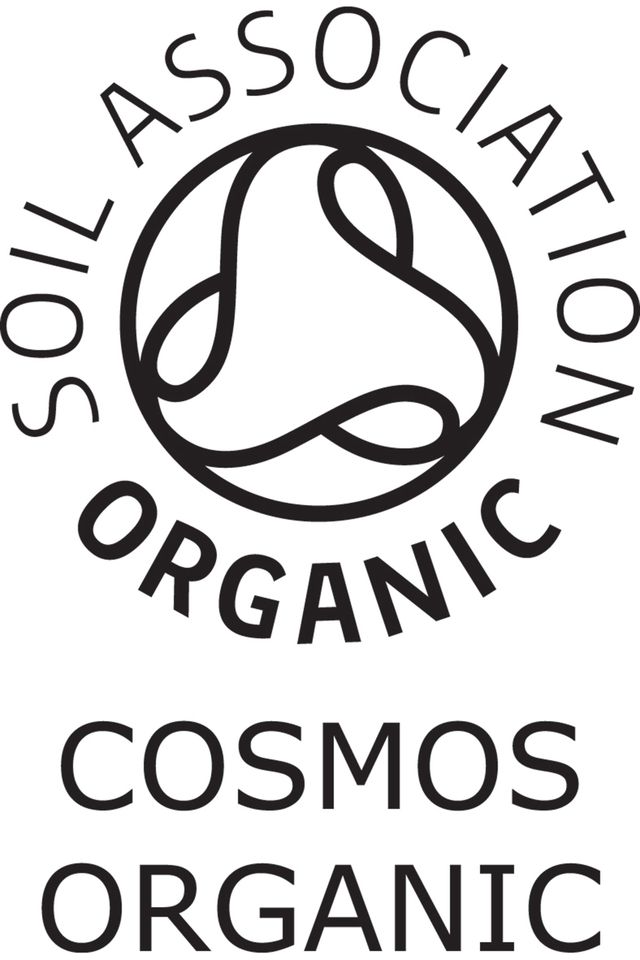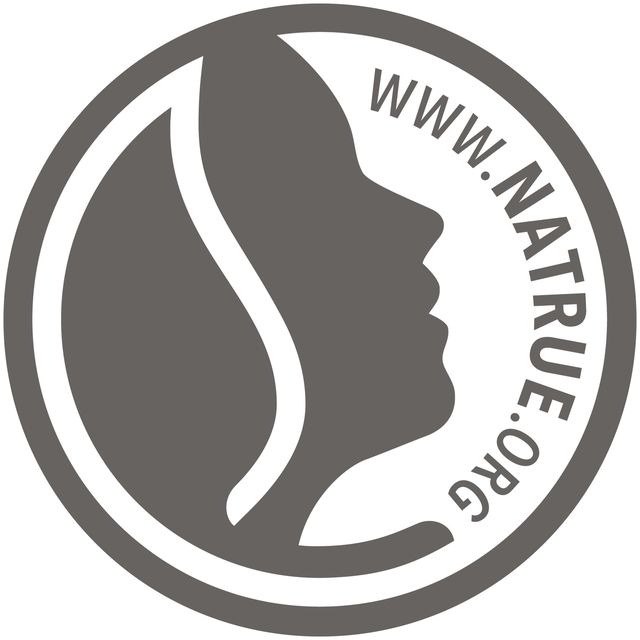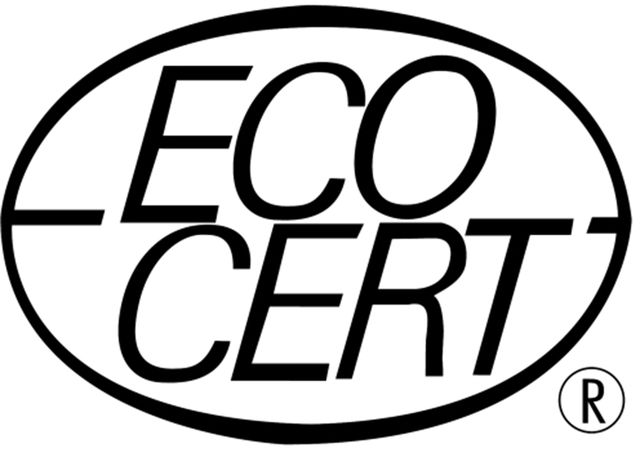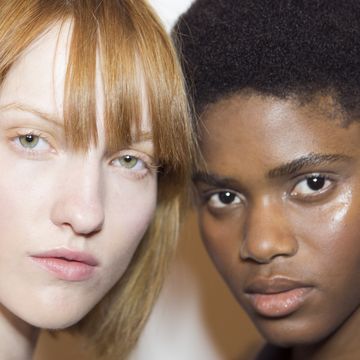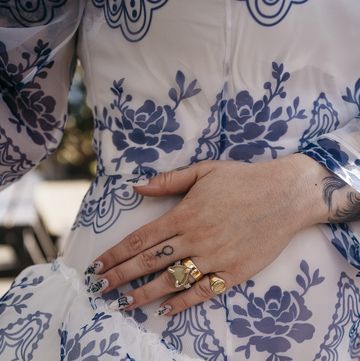Organic beauty is a complicated area; while some assert it's a con, others only buy 'organic'.
The confusion lies in the certification - with no legal standards in the beauty industry the only reliable way to decode the volume of organic ingredients in a product is to look to bodies with transparent standards.
In honour of Organic Beauty and Wellbeing Week (this 15th – 21st May), we've demystified the gradings to help you navigate the organic beauty minefield:
1. Soil Association and Cosmos
The Soil Association is the UK's leading food and farming charity and organic certification body.
Recently it has teamed up with four other European partners to develop a new Cosmetic Organic Standard (Cosmos) to harmonise organic standards globally, meaning you'll see both names on one logo.
To receive Cosmos Organic certification (and therefore support from the Soil Association), 95% of all ingredients in any product must be organic.
Everything is cruelty free, sustainably sourced and traceable, following green chemistry principles.
Try:
Neal's Yard Remedies (which has the world's largest collection of Soil Association-certified organic health and beauty products), Pai, Green People, Voya and Bamford.
2. NaTrue
Non-profit organisation NaTrue was set up to encourage transparency when using the term 'organic' and is now an internationally recognised logo for natural cosmetics.
They set a strict criteria that each product must meet in order to be labelled a 'natural cosmetic', 'natural cosmetic with organic portion', or an 'organic cosmetic'—the latter being that 95% of the natural ingredients must come from a certified organic production.
Each product certified according to the NaTrue Label Criteria also meets high standards of sustainability as well as being cruelty free.
Try:
Dr. Hauschka, Weleda and Trilogy (who also boast the New Zealand based natural and organic certification BioGro).
Find the full list of brands with NaTrue certification here.
3. Ecocert
The first certification body to develop standards for 'natural and organic cosmetics', Ecocert essentially means that you can expect an environmentally friendly cosmetic product.
Look out for both labels; the 'Natural Cosmetic' label means it has a minimum of 50% of all plant-based ingredients in the formula, and a minimum of 5% of all ingredients by weight must come from organic farming.
For both the natural and 'Organic Cosmetic' label a minimum of 95% of all plant-based ingredients are in the formula and a minimum of 10% of all ingredients by weight must come from organic farming.
